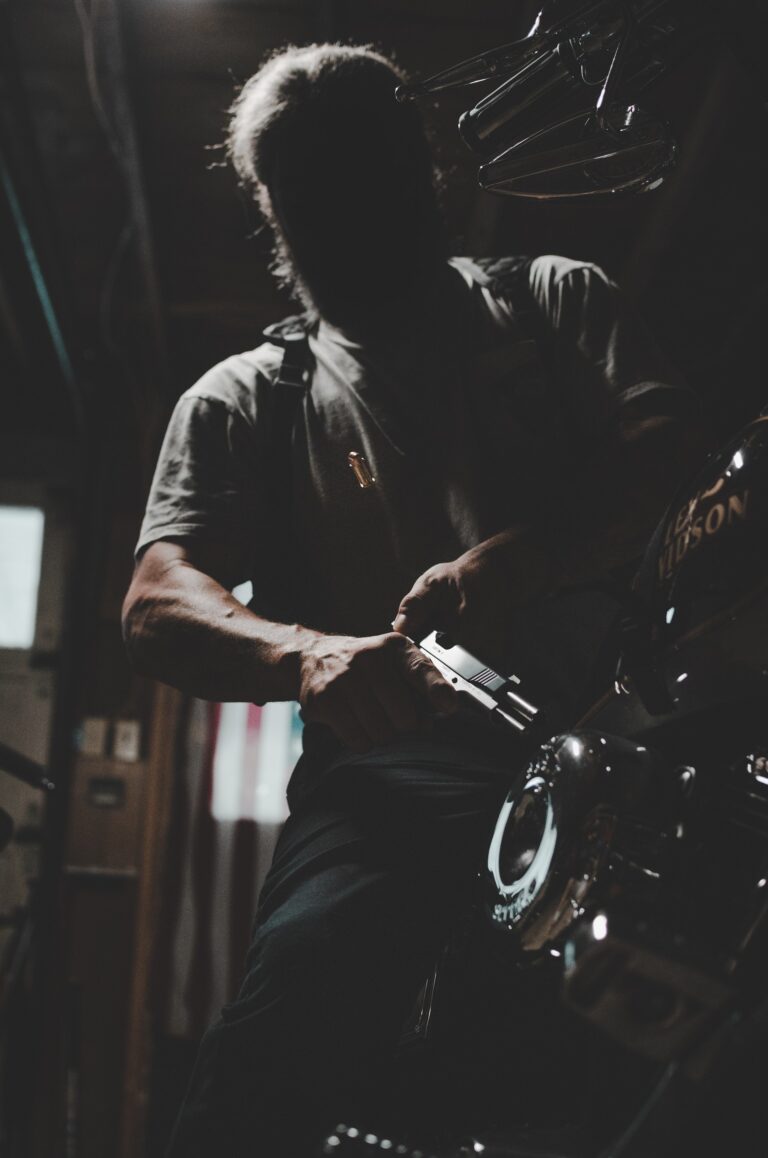What is the legality of guns and firearms in Northern Ireland?
In Northern Ireland, guns and firearms are legal for civilians, but their possession and use are heavily regulated. Individuals must have a valid Firearm Certificate (FAC) to own, buy, or acquire firearms or ammunition. The Police Service of Northern Ireland (PSNI) issues these certificates and enforces strict controls on firearm ownership.
How can one obtain a gun license in Northern Ireland?
To obtain a gun license in Northern Ireland, an individual must apply for a Firearm Certificate from the PSNI. The application process involves the following steps:
- Completing an application form (FAC/1) and providing personal details, the reason for requiring a firearm, and details of the firearms and ammunition to be held.
- Providing two passport-sized photographs, signed by a referee who has known the applicant for at least two years and is not a family member.
- Paying the appropriate fee.
- Undergoing background checks, including criminal history, medical records, and interviews with referees.
- Having a secure storage location for firearms and ammunition, which is subject to inspection by the PSNI.
Upon successful completion of the application process and background checks, the PSNI may issue a Firearm Certificate. The certificate must be renewed every five years.
The laws governing firearms in Northern Ireland are primarily found in the Firearms (Northern Ireland) Order 2004. Key provisions include:
- Prohibition of fully automatic firearms and self-loading rifles, with some exceptions for collectors and museums.
- Restrictions on firearm ownership for individuals with a history of crime, mental illness, or substance abuse.
- Mandatory secure storage for firearms and ammunition.
- Requirement to notify the PSNI of any change in circumstances, such as a change of address or disposal of a firearm.
Penalties for violating firearm laws can include fines, imprisonment, and the revocation of firearm certificates. The PSNI is responsible for enforcing these laws and conducting inspections to ensure compliance.
What is the public opinion on guns and firearms in Northern Ireland?
Public opinion on guns and firearms in Northern Ireland is varied. Due to the history of armed conflict and political violence, some individuals support strict gun control measures, while others advocate for more lenient regulations and the right to self-defense. Gun ownership is generally lower in Northern Ireland compared to other parts of the United Kingdom, and firearms are primarily used for hunting, target shooting, and pest control.
What types of guns can be found in Northern Ireland?
The types of guns legally owned in Northern Ireland include:
- Shotguns
- Bolt-action rifles
- Handguns (restricted to .22 caliber for target shooting)
- Black powder firearms
Fully automatic firearms and self-loading rifles are generally prohibited, with some exceptions for collectors and museums.
What are the rules regarding air rifles and airsoft guns in Northern Ireland?
In Northern Ireland, air rifles with a muzzle energy of 1 joule or less do not require a firearm certificate. However, air rifles with a muzzle energy exceeding 1 joule must be licensed, and the same regulations apply as for firearms. Airsoft guns, which are replica firearms that fire plastic pellets, do not require a license, but their sale and use are subject to certain restrictions.
According to the PSNI, there were approximately 153,459 legally held firearms in Northern Ireland as of 2018. This equates to around 8.2 firearms per 100 residents. The majority of these firearms are shotguns and rifles used for hunting, target shooting, and pest control.
What government laws and resources are in place for gun control in Northern Ireland?
The primary government laws regulating firearms in Northern Ireland are the Firearms (Northern Ireland) Order 2004 and the Firearms (Amendment) Act 1988. These laws provide a comprehensive framework for the licensing, possession, and use of firearms and ammunition. The PSNI is responsible for enforcing these laws and issuing firearm certificates, while the Northern Ireland Policing Board provides oversight and guidance on firearm policy.
